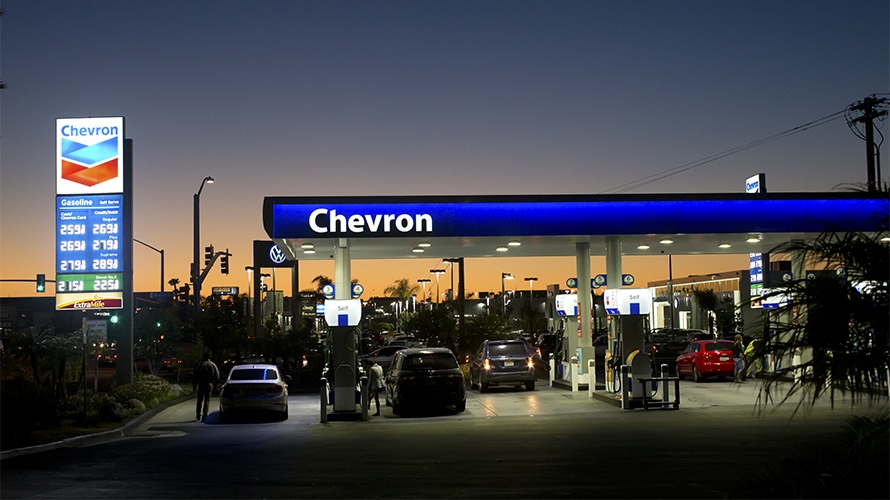
Chevron is in talks with the Venezuelan government to gain more control over their joint venture and help Caracas boost oil production.
Bloomberg reported that the negotiations are being led by the chief of Chevron’s Venezuelan division, Javier La Rosa, and PDVSA’s president, Asdrubal Chavez, according to unnamed sources in the know.
The two had discussed PDVSA giving the U.S. supermajor greater control over the joint operation in exchange for some debt relief. For now, however, the negotiations are informal because Chevron would need a sanctions waiver to make any formal commitments.
Chevron and PDVSA operate four oil fields together. Before U.S. sanctions, these produced around 200,000 bpd, according to Bloomberg. Now, they are producing around 140,000 bpd, the report also said.
While Chevron has been present in Venezuela for decades and has continued operating in the country under a series of waivers granted by the U.S. federal government, in 2020, the company wrote off its total $2.6-billion investment in the South American country due to the excessive uncertainty around Venezuela’s oil industry.
Last year, after President Joe Biden took office, Chevron lobbied for laxer sanctions on Caracas so it could operate in the country with fewer constraints.
Venezuela, meanwhile, is ramping up oil production despite the sanctions, largely with the help of Iranian condensate that it uses to dilute its superheavy crude. Last year, PDVSa managed to reverse a decline in oil exports, booking a modest climb of 1% in annual exports, most of which went to China, Reuters reported last month.
Production also increased, with the average for 2021 at around 600,000 bpd, with the December daily jumping to over 800,000 bpd, with one daily spike to 1 million bpd—the closest PDVSA got to its planned ramp-up to 1.28 million bpd for the full year.
It is as part of these production boost efforts that the government in Caracas has become willing to give foreign partners of PDVSA a greater say in the operation of the joint ventures.



























